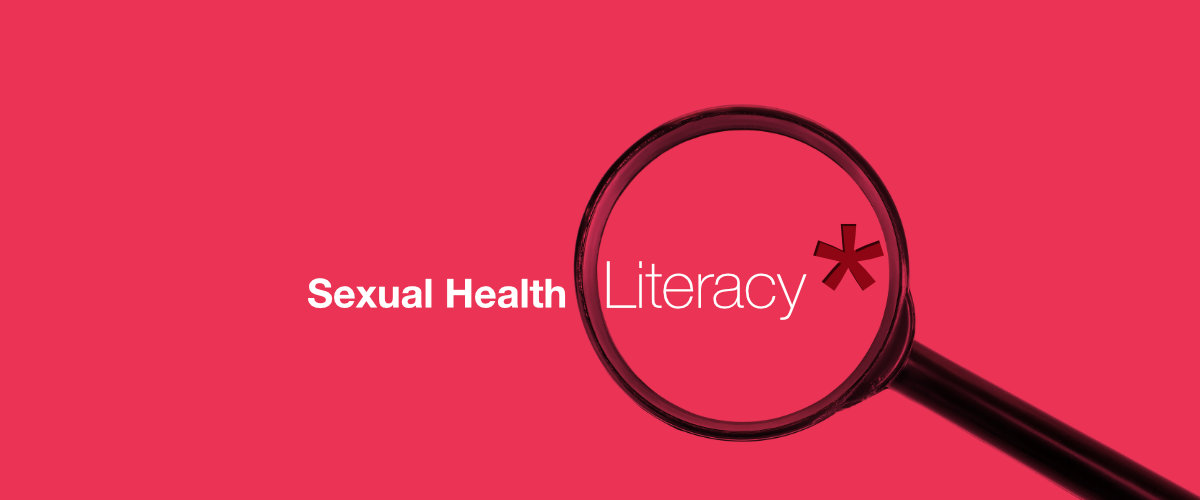Address sensitive topics with confidence
Many people, including professionals, grapple with sensitive topics like sexual health. This can lead to varied reactions when clients bring up sexual concerns, questions, or personal experiences during consultations. It’s a problem many don’t even know we have. Many of us are unaware that our discomfort or insecurity can have a detrimental effect on a client’s well-being. Fear, avoidance, and disapproval, often rooted in personal experiences, societal norms, or limited knowledge, can lead to harmful actions based on unexamined biases and misinformation.
For medical professionals, gaps in knowledge about diverse sexual experiences can lead to missed diagnoses and incomplete patient education. This isn’t just about clinical accuracy; it can also impact trust and overall health outcomes. Equipping professionals with comprehensive education empowers them to provide sensitive, informed care that meets the unique needs of each patient.
Policymakers often rely on incomplete data, leading to interventions that miss the mark. This can mean wasted resources and missed opportunities to improve public health. By gathering comprehensive data and understanding diverse needs, we can craft policies that truly address the challenges faced by different communities.
Educators play a crucial role in shaping young people’s understanding of sexual health. However, hesitation or lack of training can lead to crucial conversations being left unaddressed. This leaves students unprepared to navigate complex topics like consent, healthy relationships, and risk reduction. By empowering educators with knowledge, resources, and training, we can equip them to foster open, inclusive conversations that support young people in making informed choices.
Therapists and social workers who lack literacy in sexual health may encounter numerous challenges in effectively supporting their clients. Without comprehensive knowledge in this domain, professionals risk overlooking critical connections between sexual health and mental well-being, potentially leading to inadequate treatment plans or misinterpretations of clients’ experiences. Additionally, the absence of training and resources focused on sexual health may hinder therapists’ ability to address clients’ concerns adequately, leaving them ill-equipped to provide comprehensive support tailored to individual needs. Moreover, navigating sensitive topics such as sexual identity, expression, or trauma demands a nuanced understanding, and without awareness of these complexities, therapists may inadvertently let personal biases influence their interactions, alienating clients or exacerbating feelings of discomfort, ultimately undermining therapeutic rapport and hindering treatment progress.
The Clinical Assessment Group’s Sexual Health Literacy Program equips professionals with the tools they need to confidently navigate these conversations. By addressing these challenges openly and honestly, we can create a safer, more supportive environment for everyone. We go beyond simply providing information. We start with a comprehensive initial consultation, assessing specific challenges and curating a program that perfectly fits your organization. Whether you prefer engaging workshops, interactive webinars, or convenient online modules, we offer a variety of formats, some even providing continuing education credits.
And our commitment doesn’t end there. We provide ongoing support every step of the way, offering consultation and resources to ensure successful implementation and lasting impact. By fostering safer and more inclusive communities where everyone feels comfortable seeking support and making informed choices, we can collectively create a healthier future for all. Investing in sexual health literacy benefits everyone. Contact us to learn more and build a healthier, more informed community.
